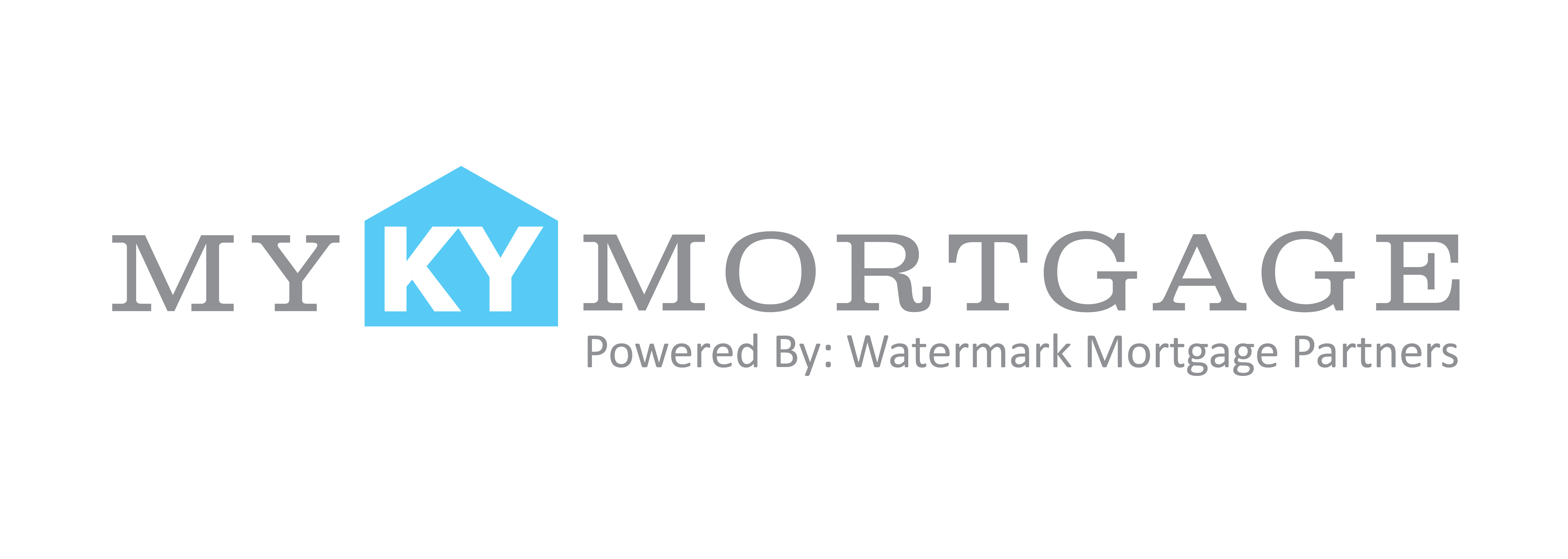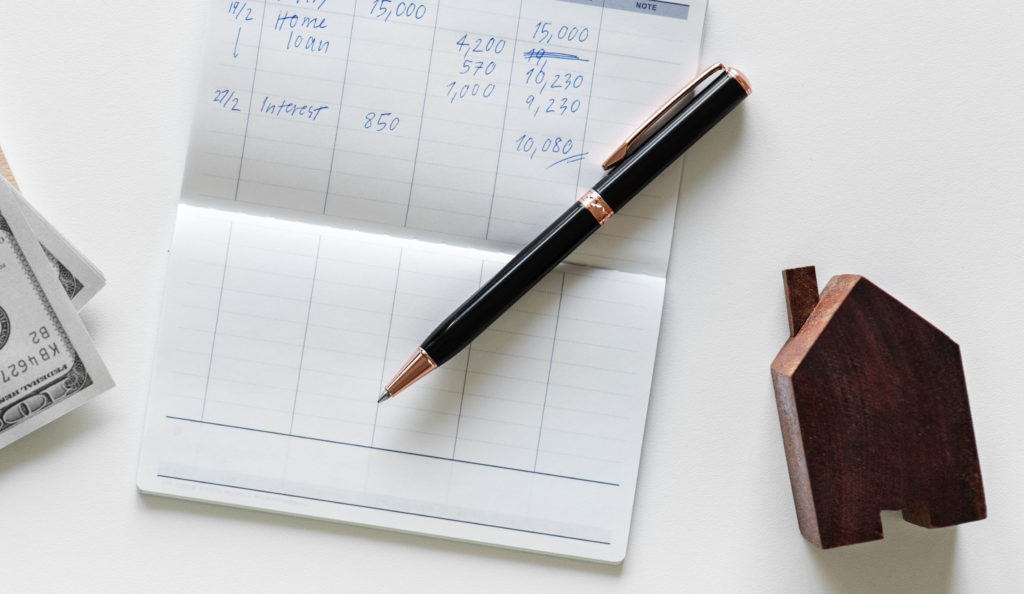When mortgage lenders ask to review your bank statement, they are doing so to ensure that you have sufficient funds to cover the down payment and closing costs. Some also might want to see if you have enough reserves to cover the first few mortgage payments and any emergencies that might arise. That’s why it’s a good idea to steer clear of anything questionable when it comes to your bank statement. Here are three red flags to avoid that will make it much more likely for your mortgage to be approved.
1. Bounced checks
Lenders typically include your last two months of bank statements in their evaluation of your finances. If your checking account shows multiple charges for overdrafts or insufficient funds, your mortgage underwriter might conclude that you’re not great at managing your finances.
Additional scrutiny is sometimes even required when bank statements include fees for insufficient funds because it shows the lender that you might struggle when it comes to managing your finances.
2. Large, undocumented deposits
Another red flag to lenders is when a bank statement has irregular or lump-sum deposits because it could appear as if the funds for your down payment, closing costs and required reserves are coming from an illegal or unacceptable source. Unless you can provide an acceptable explanation for your large deposit, it’s likely the lender will disregard those funds and apply your remaining dollars to their assessment of whether you qualify for a loan.
Some examples of illegal or unacceptable sources include taking a cash advance on your credit card, which might not show up on your credit report, or taking help from a party who stands to gain from the transaction (like the home seller or real estate agent).
If you did receive a large deposit recently, you may want to wait 60 days before applying for a mortgage. At that point, the funds become “seasoned,” meaning they are now your funds, despite the source. While it’s still not a good idea to take funds from a party with interest in the transaction, waiting 60 days could be a solution if your family member paid you back for a recent vacation or you sold a car to a family member and didn’t document the transaction.
3. Regular payments, irregular activities
Watch out for a monthly payment that does not correspond to a credit account disclosed on your application. Your credit report typically will pull in your credit cards, auto and student loans, and other debt accounts. But some creditors don’t report to the major credit bureaus.
For instance, if you got a private, personal or business loan from an individual instead of a bank, those debt details may not show up on your credit report. The monthly $300 automatic payment on your bank statement, however, is likely to alert the lender of a non-disclosed credit account.
The bottom line
When all is said and done, it’s a good idea to begin organizing your bank activity and statements before applying for a loan. When you start looking for a home, it’s best to have your financial information sorted in case your dream home hits the market and you have to move fast.
If you keep your bank statements top of mind in the initial search phases, you may have an easier time applying for a loan and ultimately securing it. Remember: Underwriters review your accounts once more just before closing. So, you’ll want to be sure and maintain healthy finances throughout the closing process as well.



